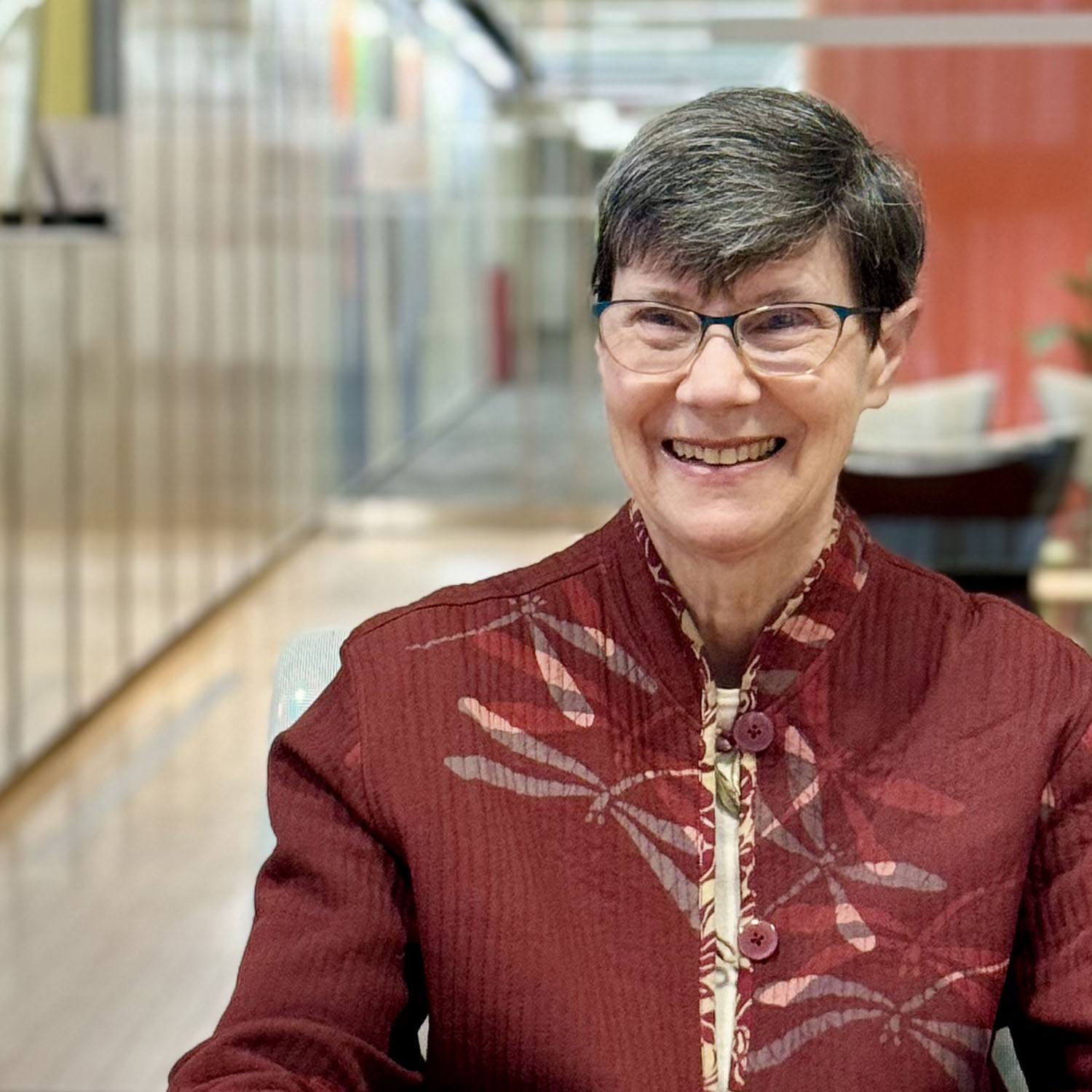In Studying Pain, Connections Matter
Director’s Page
Helene M. Langevin, M.D.
December 23, 2020
Dealing with pain, in any circumstance, is a significant burden and challenge. Dealing with pain that is undiagnosed or not well understood is an even greater challenge.
That’s why I was so encouraged by the robust discussion we heard at the National Institutes of Health (NIH) workshop we hosted on myofascial pain syndrome (MPS). The workshop, “Quantitative Evaluation of Myofascial Tissues: Potential Impact for Musculoskeletal Pain Research,” was conducted as part of our Center’s work to support the NIH HEAL (Helping to End Addiction Long-termSM) Initiative.
Research on musculoskeletal pain so far has mostly focused on structures like joints and intervertebral discs. Far less attention has been given to myofascial tissues, including muscles and the highly innervated thin connective layers that surround and permeate them.
MPS is characterized by the presence of tender or painful “trigger points” within myofascial tissues that feel firm to the touch compared to surrounding areas. Because there are no objective biomarkers and inadequate understanding of how MPS develops, we must rely on subjective clinical evaluation to make a diagnosis. There are currently no treatments that have been proven effective or even tested in clinical trials.
The workshop brought together clinicians and researchers from multiple disciplines to help tackle the complexities of studying and understanding MPS. To research MPS successfully, we must recognize that this complex condition involves multiple systems, including the nervous, musculoskeletal, and vascular systems. By assembling a multidisciplinary panel of experts in fields including imaging, biomechanics, and electrophysiology, we were able to explore critical questions—from varied perspectives—on how we define, diagnose, measure, and eventually treat MPS.
I hope you’ll read more about the workshop in this summary and stay tuned for a more detailed report on the day’s discussions.
For More Information
